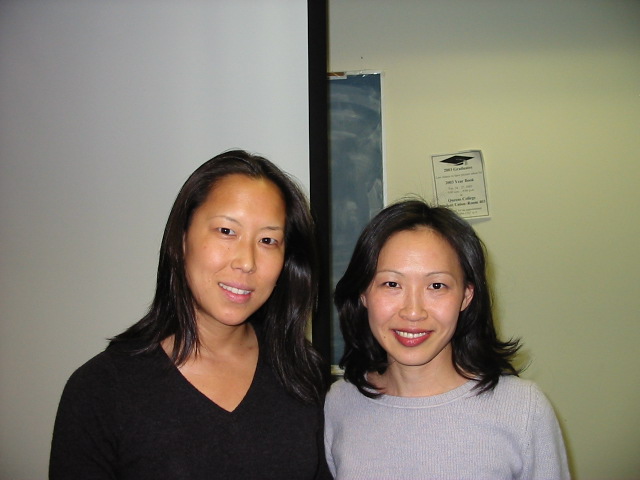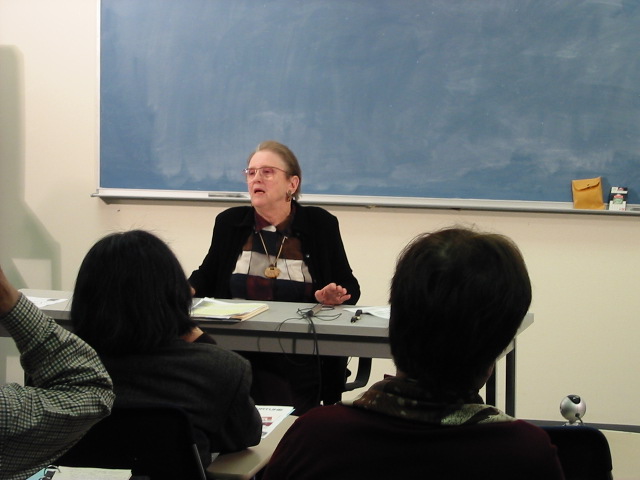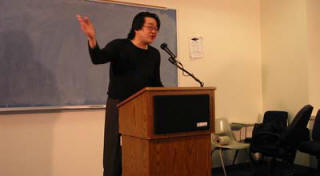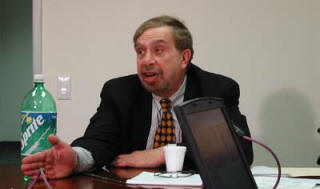Institutional Support For Our Ethnic and Cultural Centers
This will be a discussion about the need of support for ethnic and cultural centers within CUNY, and the ways through which this can come about. Through the participation of the Vice President for Institutional Development, and two members of the CUNY Board of Trustees, representing the Italian, Jewish, and Asian American communities, the discussion … Read more





